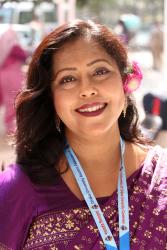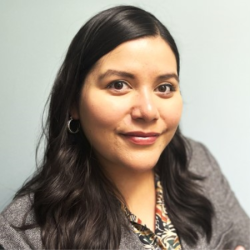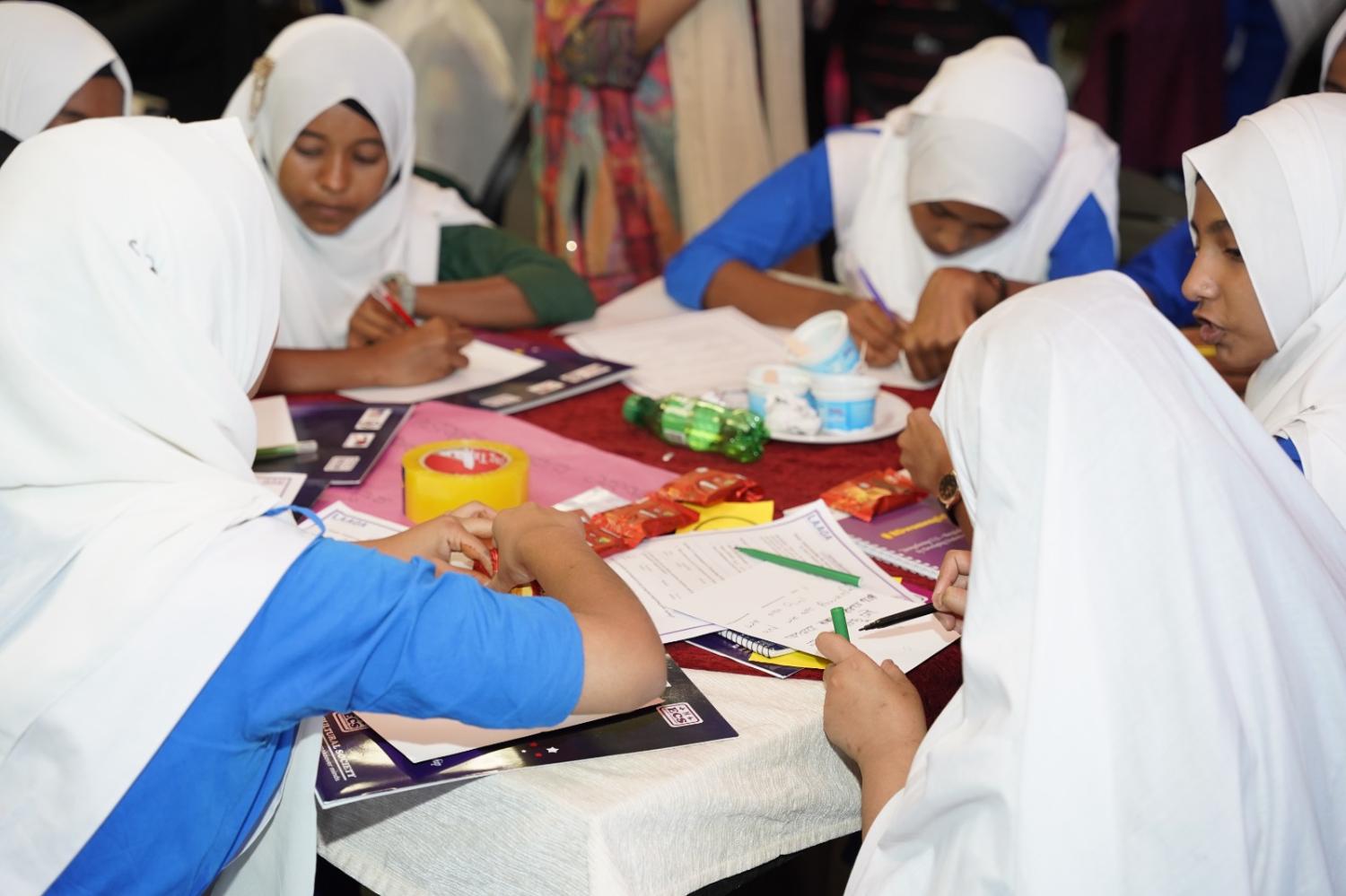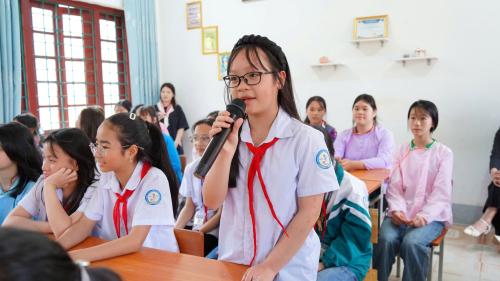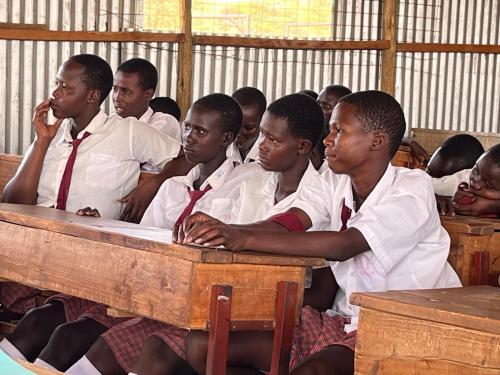For adolescent girls living in highly marginalized contexts, agency is lived as part of an everyday struggle. Girls and young women make decisions about their lives, in conscious ways and foreseeing their futures, while simultaneously navigating larger social structures, norms, and systems. Yet the agency of girls and young women living in marginalized contexts is often misunderstood, unrecognized, underdeveloped, and/or actively stifled. Adolescent girls may have their own definitions of agency, and their own understandings of marginalization, making it vital that efforts to promote agency in marginalized contexts start with girls themselves.
The current report is our effort to do just that, as we share the results of two years of participatory, collaborative, and action-oriented research conducted by members of the Learning and Action Alliance for Girls’ Agency (LAAGA) with girls living in the Feni District of Bangladesh. We outline the context of Feni, describe our girl-centered methodological approach, share what we have learned from and with girls in the region, and propose priorities and strategies to mobilize actors to transform systems with and for girls’ agency.
Agency was generally defined by girls in Feni as the possibility of making decisions, expressing themselves, and having the support of others. The expression of agency was complex and had individual, relational, situational and systemic characteristics:
- Girls defined agency as the ability to have a voice, express oneself freely, make choices, and take action in one’s life. Access to formal education was identified as key to strengthening confidence, communication, and assertiveness.
- Family was the primary space where girls’ agency was either supported or constrained, shaped by the actions of female role models and the emotional support or restrictions from other family members. Fathers and other male relatives were key actors in relation to large, socially facing decisions.
- Agency was shaped, enabled, or restricted by the surrounding social environment, including social and cultural norms, especially those pertaining to early marriage, which interacted with systemic factors like poverty, the climate crisis, and forced migration.
We hope this work will provide insight and direction for those who are committed not only to gender equality, but also to the well-being of adolescent girls and their communities in Feni, in Bangladesh, and globally. Collaboration and coordinated efforts are needed across local and global systems to address barriers and promote the individual, relational and systemic nature of agency. This means working with girls, their families and peers; educators and community leaders; activists and program implementers; researchers and funders; and politicians and policymakers. In this sense, we all have something to learn about how to more effectively work with and for adolescent girls to strengthen their agency, resist exclusion, and work together towards more equitable societies.
The Brookings Institution is committed to quality, independence, and impact.
We are supported by a diverse array of funders. In line with our values and policies, each Brookings publication represents the sole views of its author(s).
